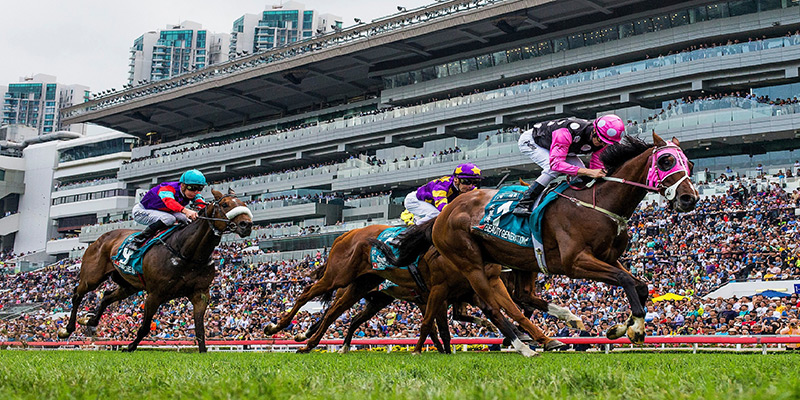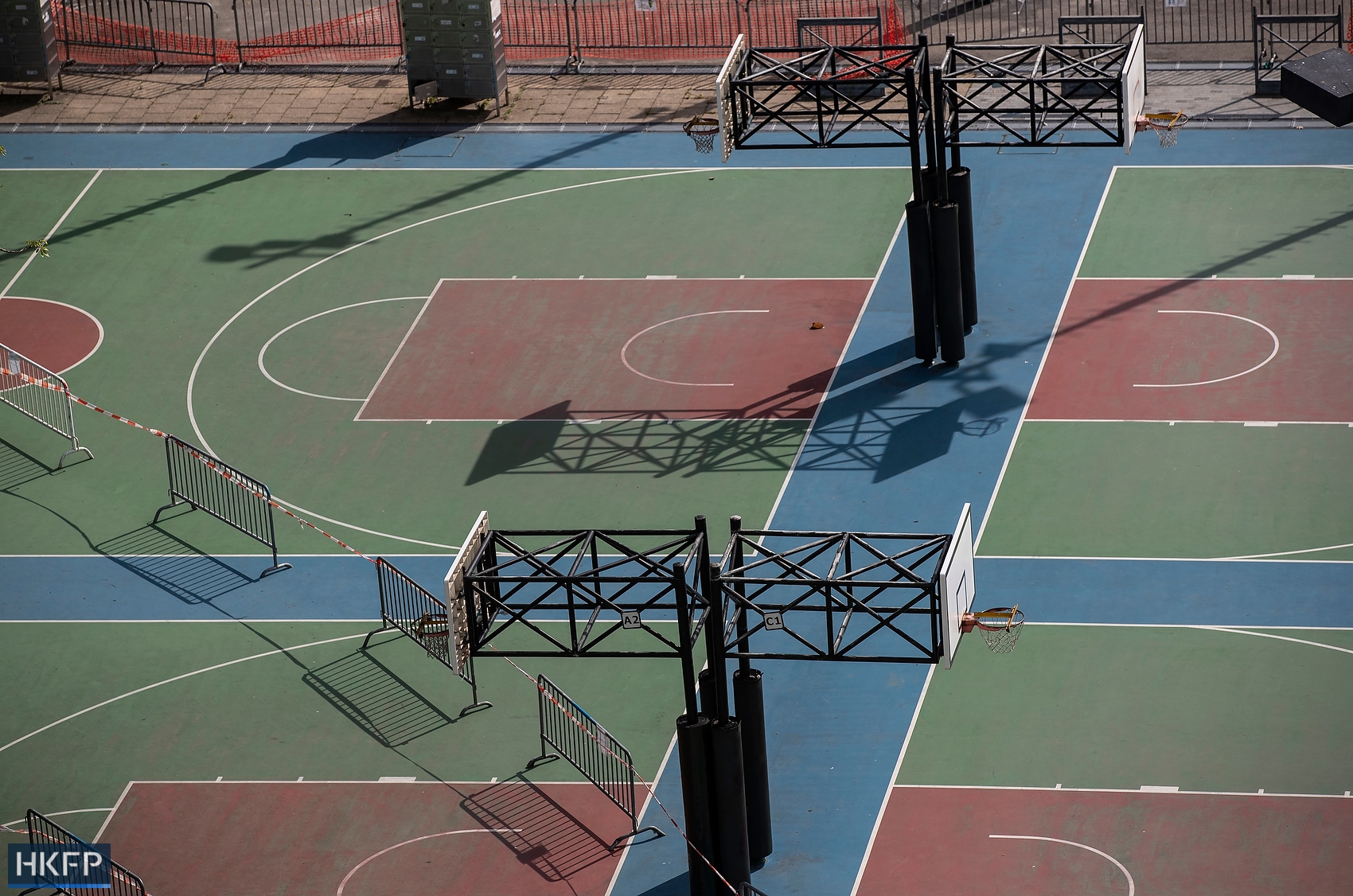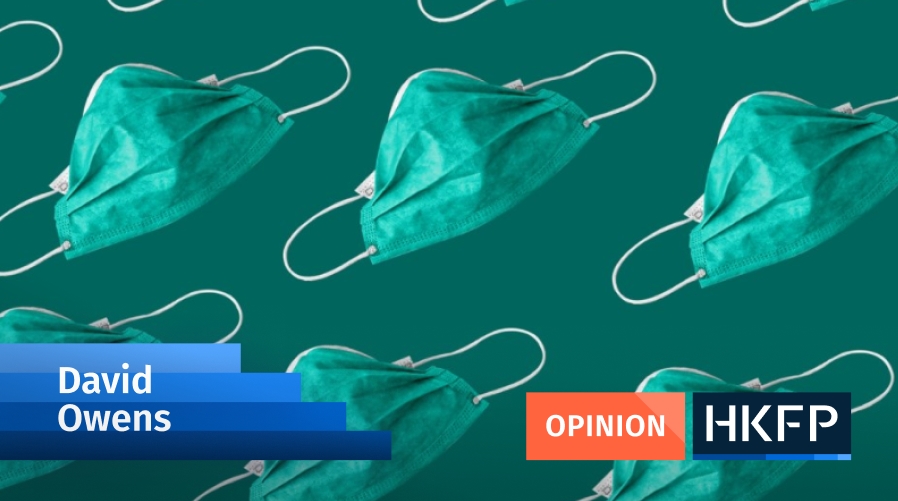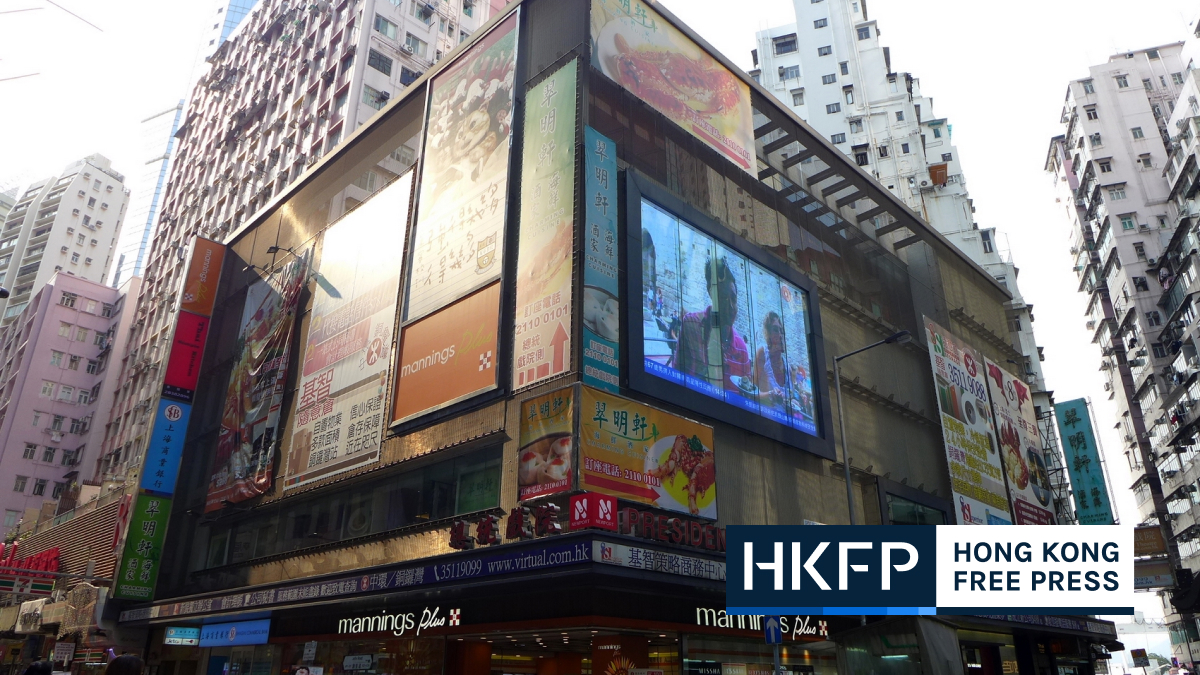by Holmes Chan
For more than two years, people in Hong Kong have lived under some of the toughest coronavirus restrictions in the world. But one beloved tradition has persisted: horse racing.

Throughout the pandemic the Chinese city has gone to great lengths to protect the sport from shutdowns, even as schools closed and infections tore through elderly care homes.
But some at the heart of the racing scene have baulked at the personal costs of complying with restrictions, with at least two overseas jockeys leaving and others fearing for their mental health.
Since 2020, The Hong Kong Jockey Club, which has a monopoly on the industry in the city, has mostly conducted races behind closed doors and isolated riders from the local community.
Australian jockey Blake Shinn said last week that the “mental stress” meant he would not return for next season.
“I understand that the club’s priority has been to keep racing going during a difficult time… but at a certain point it becomes a mental health issue,” Shinn was quoted saying in the South China Morning Post.

Jockeys and trainers have been required to stay home during off-hours and avoid mixing with people outside their household. Shinn compared it to being in jail.
Another Australian jockey, Daniel Moor, returned home in March saying Hong Kong’s pandemic rules — which include largely sealing off the borders to the outside world — had separated him from his family.
Four-time champion jockey Zac Purton told AFP that the restrictions were a “fair trade-off” but acknowledged the personal toll it took on riders.
“It is deterring jockeys from overseas from wanting to come to Hong Kong at the moment,” he said.
‘Painful’
Former Chinese leader Deng Xiaoping once promised that Hong Kong would retain its way of life after being handed over to China in 1997, saying “horse racing will continue and dancing parties will go on”.
The latter has ground to a halt throughout much of the pandemic, but racing has carried on, and by some estimates even thrived.
The sport is fanatically followed in Hong Kong and it is estimated that more than 10 percent of the city’s 7.4 million population hold a Jockey Club betting account, the only way to bet legally in Hong Kong.

In the most recently available figures, the Jockey Club posted a record HK$136 billion (US$17.3 billion) turnover for its 2020-21 racing season, which its chief executive Winfried Engelbrecht-Bresges partly attributed to the “collective discipline of all participants”.
Hong Kong enjoyed two largely virus-free years with its zero-Covid policy, but that approach collapsed in January with the more transmissible Omicron variant.
Schools, gyms, playgrounds and even beaches closed as the city saw infection rates and deaths spike, but racing galloped on behind closed doors.

With Jockey Club off-course betting branches also closed, people were still able to gamble online or over the phone.
But “bubble” measures have been hard on those who keep the sport going.
Purton was injured in a December race but the club initially wanted to “protect the bubble” and stopped him from seeking external help.
“If I didn’t get the treatments I needed, I wasn’t going to be able to continue to ride,” Purton told AFP. The club later relented.
Matthew Chadwick, Hong Kong’s second most successful local jockey, said he found the restrictions tolerable but they were “painful” for his children, who also had to follow the stay-at-home rules at the worst of the pandemic last month.
“I think everyone has sacrificed a lot and has their own threshold, and some feel they’ve been pushed too far,” Chadwick told AFP.
‘Important for economy’
Jockeys and racing fans hope that brighter days are just around the corner as Hong Kong emerges from the worst of the latest outbreak.
On Thursday, betting shops reopened ahead of Sunday’s showpiece Champions Day — one of the city’s most prestigious meetings — featuring three Group One races headlined by the HK$25 million QEII Cup.

The Jockey Club has started to allow a very limited number of people back into its racecourses at Shatin and Happy Valley, subject to vaccination requirements, but they remain closed to the general public.
Jockeys who spoke to AFP agreed that overall it was the right choice to keep races going through the pandemic, adding that they sympathised with the club’s dilemma.
“My preference would be to keep racing and I think we’ve shown that we’ve been able to do that,” Purton said.
“Racing is an important part of Hong Kong society and the economy.”
Support HKFP | Policies & Ethics | Error/typo? | Contact Us | Newsletter | Transparency & Annual Report | Apps
Help safeguard press freedom & keep HKFP free for all readers by supporting our team















